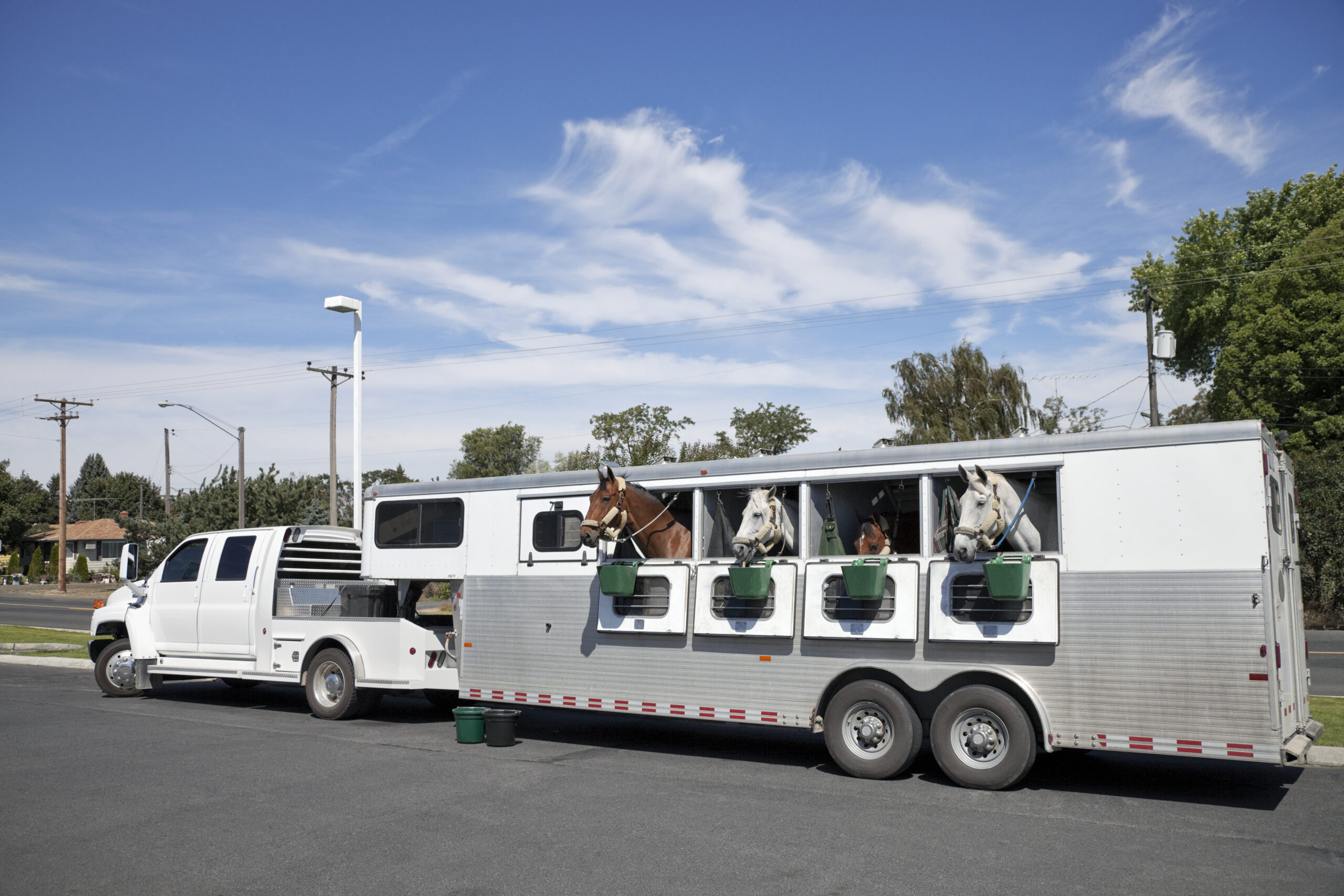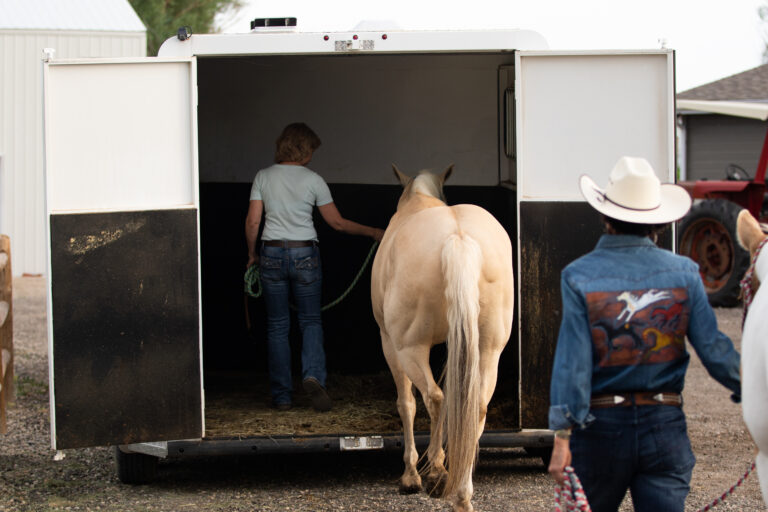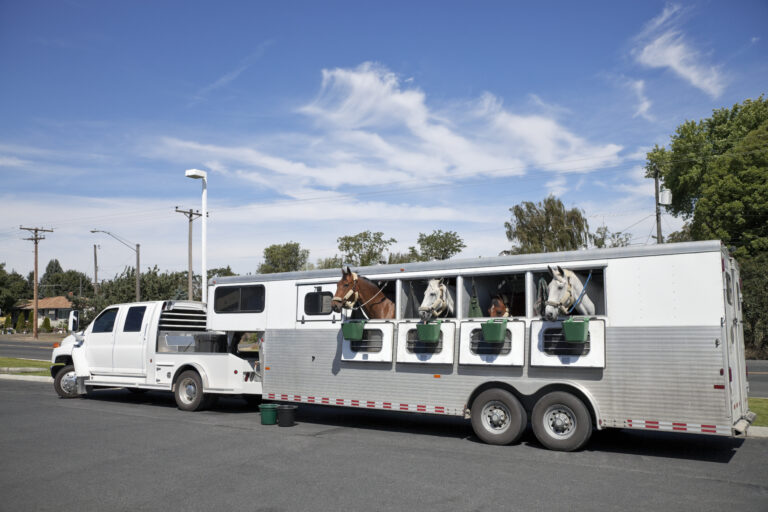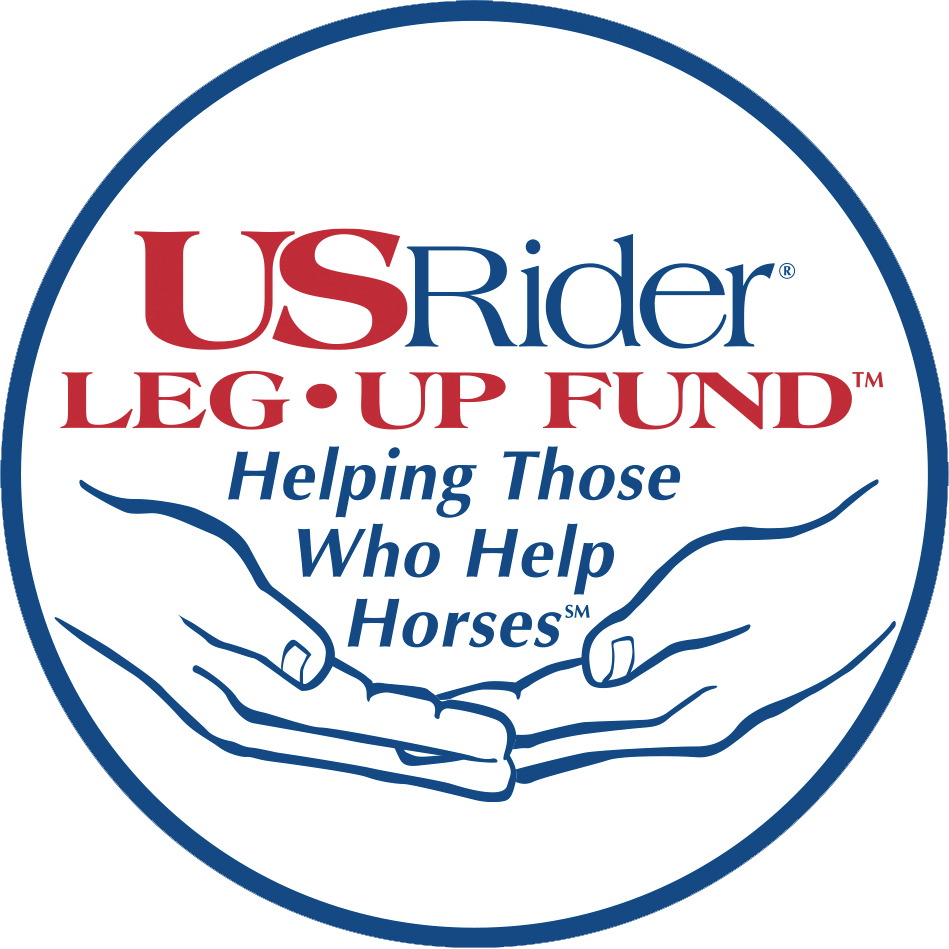Regular maintenance of your horse trailer is essential for ensuring the safety and comfort of your horses and maintaining the trailer’s longevity. Here’s a comprehensive guide for regular horse trailer maintenance:
Before Each Trip:
- Inspect Hitch and Coupler:
- Check for signs of wear, rust, or damage.
- Ensure the hitch is securely attached to the towing vehicle.
- Test the coupler mechanism to ensure it locks onto the hitch ball securely.
- Check Lights and Electrical System:
- Test all lights including brake lights, turn signals, and running lights.
- Ensure reflectors are clean and intact.
- Inspect the wiring for any signs of damage or wear.
- Inspect Tires and Wheels:
- Check tire pressure and inspect for signs of wear, cuts, bulges, or punctures.
- Verify that lug nuts are properly tightened.
- Inspect the spare tire and ensure it is properly inflated.
- Test Trailer Brakes:
- Test the trailer brakes to ensure they are functioning correctly.
- Check brake fluid levels if applicable.
- Check Safety Chains:
- Verify that safety chains are securely attached to both the trailer and the towing vehicle.
- Ensure there are no signs of excessive wear or damage.
- Inspect Suspension and Frame:
- Check the suspension system for signs of damage or wear.
- Inspect the trailer frame for rust, cracks, or other structural issues.
- Ensure Emergency Equipment is Present:
- Verify that emergency equipment such as a fire extinguisher and first aid kit are present and easily accessible.
Regular Maintenance Schedule:
- Grease Wheel Bearings:
- Grease wheel bearings according to the manufacturer’s recommendations, typically every 12 months or 12,000 miles.
- Check and Replace Brake Components:
- Inspect brake pads, drums, and hydraulic lines regularly for wear and tear.
- Replace brake components as needed to maintain optimal braking performance.
- Inspect Flooring and Stall Area:
- Regularly inspect the trailer flooring for signs of rot, damage, or weak spots.
- Check dividers, bars, and gates in the stall area to ensure they are securely latched and in good condition.
- Lubricate Moving Parts:
- Lubricate hinges, latches, and other moving parts to prevent rust and ensure smooth operation.
- Clean and Inspect Ventilation Systems:
- Clean windows, roof vents, and other ventilation systems to ensure proper airflow for the comfort of the horses.
- Inspect vents for signs of damage or obstruction.
- Inspect Trailer Doors and Latches:
- Regularly inspect all doors and latches to ensure they open, close, and lock securely.
- Check Electrical System:
- Inspect interior lights, fans, and other electrical components to ensure they are working properly.
- Replace any bulbs or wiring that are damaged or malfunctioning.
- Inspect Safety Equipment:
- Check reflective triangles or flares to ensure they are present and in good condition.
- Replace expired or damaged safety equipment as needed.
Additional Tips:
- Keep the trailer clean both inside and out to prevent rust and corrosion.
- Store the trailer in a dry, sheltered location when not in use to protect it from the elements.
- Regularly inspect and maintain the towing vehicle to ensure it is capable of safely towing the trailer.
- Follow the manufacturer’s recommendations for maintenance and consult a professional if you are unsure about any aspect of trailer maintenance.
By following this guide and adhering to a regular maintenance schedule, you can ensure that your horse trailer remains safe, reliable, and comfortable for your equine companions.










